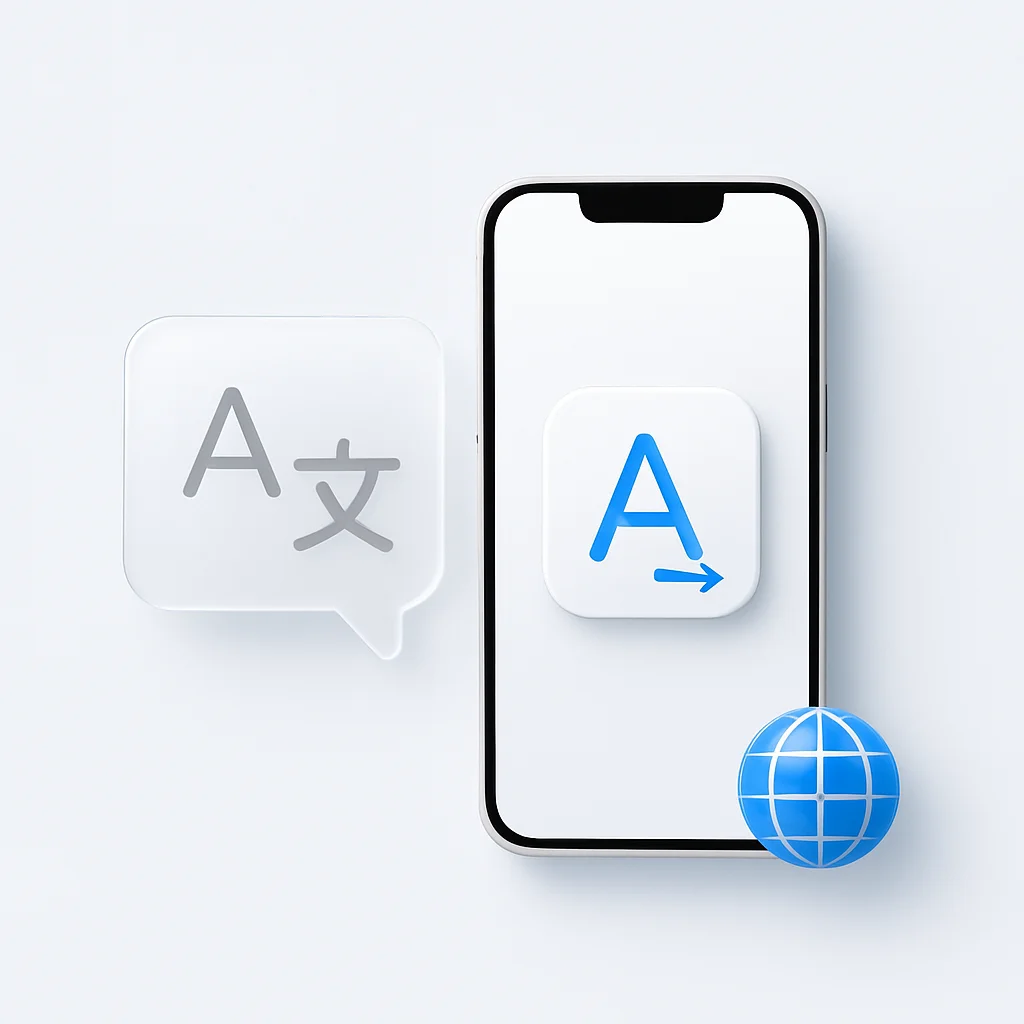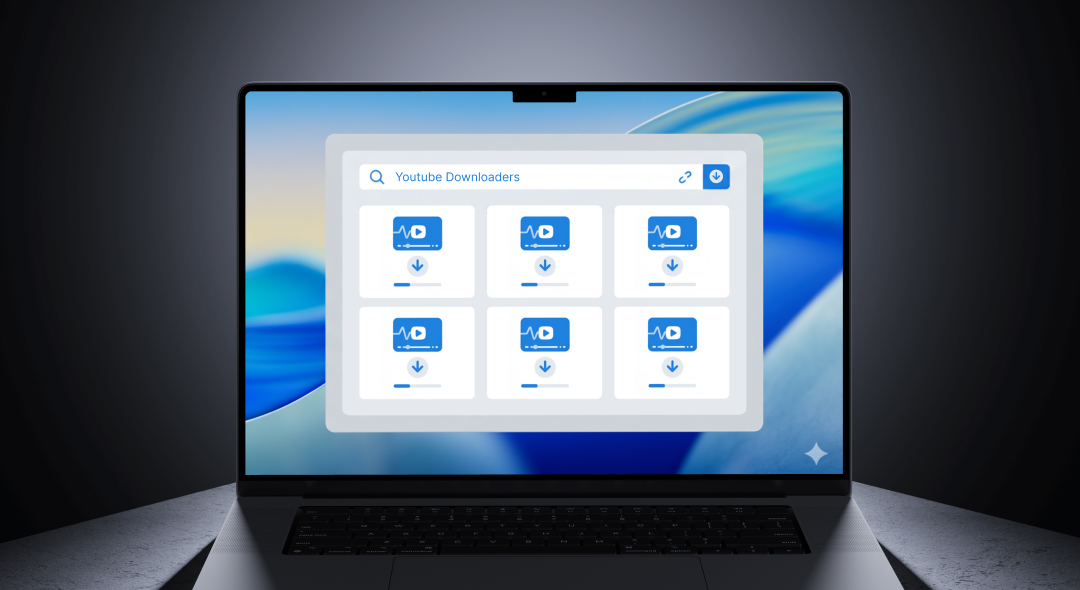Posso Processar Alguém por Me Gravar Sem Minha Permissão?

Este guia detalha as leis de gravação específicas de cada estado, os requisitos de consentimento e o que fazer se você foi gravado sem permissão. Quer você esteja preocupado com gravações no local de trabalho, privacidade pessoal ou em entender seus direitos como criador de conteúdo, abordaremos as estruturas legais essenciais que protegem tanto os gravadores quanto os sujeitos.
Pontos-chave
- As leis de gravação variam de estado para estado; alguns exigem o consentimento de uma parte, outros o consentimento de duas partes.
- Nova York e Carolina do Norte são estados de consentimento de uma parte, o que significa que você pode gravar se fizer parte da conversa.
- Você pode processar por gravação não autorizada em certos casos, especialmente em ambientes privados ou em estados de consentimento de duas partes.
- É surpreendente que as gravações públicas sejam geralmente legais, mesmo sem consentimento, devido à inexistência de expectativa de privacidade.
Introdução
Gravar alguém sem sua permissão pode levantar questões legais, especialmente em relação à privacidade e ao consentimento. Este guia explica as leis, concentrando-se em se você pode processar por gravação não autorizada, particularmente em Nova York (NY) e outros estados como Carolina do Norte (NC), Flórida, Michigan e Ohio, conforme mencionado em suas consultas.
Você Pode Processar por Gravação Não Autorizada?
Sim, você pode processar alguém por gravá-lo sem permissão em certas situações, dependendo das leis estaduais e do contexto (público vs. privado). Em estados de consentimento de uma parte, como NY e NC, a gravação é legal se você fizer parte da conversa, mas se gravado sem consentimento em um ambiente privado em estados de consentimento de duas partes (por exemplo, Califórnia, Flórida), você pode ter motivos para processar por invasão de privacidade ou violações de escuta telefônica. Consulte um advogado para casos específicos, especialmente em NY, onde a gravação não autorizada em particular pode levar a ações civis por danos.
Leis Específicas do Estado
- Nova York: Um estado de consentimento de uma parte; você pode gravar se estiver envolvido, mas a gravação não autorizada em particular pode permitir ações judiciais por violação de privacidade (New York Recording Laws).
- Carolina do Norte: Também consentimento de uma parte; a gravação é legal com seu envolvimento, mas gravações privadas não autorizadas podem ser contestadas (North Carolina Recording Laws).
- Flórida, Michigan, Ohio: Estes são estados de consentimento de duas partes; todas as partes devem consentir, e a gravação não autorizada pode levar a ações judiciais por danos (Two Party Consent States 2024).
Gravações Públicas vs. Privadas
Em público, a gravação é geralmente legal devido à inexistência de expectativa de privacidade, mas em ambientes privados, a gravação não autorizada geralmente viola as leis, especialmente em estados de consentimento de duas partes. Por exemplo, gravar em sua casa sem consentimento em NY pode ser ilegal se você não for parte da conversa, potencialmente levando a um processo.
Recursos Legais
Se gravado sem consentimento, você pode:
- Entrar com uma ação civil por invasão de privacidade ou sofrimento emocional.
- Buscar acusações criminais em estados onde a gravação não autorizada é um crime (por exemplo, NY para gravações de não participantes).
- Reivindicar danos, que variam de estado para estado; consulte um advogado para detalhes, especialmente em NY ou NC.
Nota da Pesquisa: Análise Abrangente das Leis de Gravação Sem Permissão
Esta seção fornece uma análise aprofundada da legalidade de gravar alguém sem sua permissão, abordando todas as palavras-chave fornecidas e garantindo uma compreensão completa para conformidade legal e ações potenciais, como processos. O foco está nas leis gerais, regulamentos específicos do estado e implicações práticas, particularmente para estados como Nova York, Carolina do Norte, Flórida, Michigan e Ohio.
Estrutura Jurídica Geral
Nos Estados Unidos, as leis de gravação são regidas por regulamentos federais e estaduais. A Lei Federal de Escutas Telefônicas, parte da Lei de Privacidade de Comunicações Eletrônicas (ECPA), proíbe a interceptação de comunicações telefônicas, orais ou eletrônicas sem o consentimento de pelo menos uma das partes, estabelecendo uma estrutura de consentimento de uma parte (Electronic Communications Privacy Act). No entanto, os estados podem impor leis mais rigorosas, levando a requisitos de consentimento de duas partes em certas jurisdições.
- Estados de Consentimento de Uma Parte: Estes estados permitem a gravação se pelo menos uma parte (incluindo o gravador) consentir. Exemplos incluem Nova York e Carolina do Norte, onde você pode gravar uma conversa da qual faz parte sem informar os outros (New York Audio and Video Recording Laws, North Carolina Recording Laws).
- Estados de Consentimento de Duas Partes: Estes exigem que todas as partes consintam, incluindo Califórnia, Delaware, Flórida, Illinois, Maryland, Massachusetts, Montana, Nevada, New Hampshire, Pensilvânia e Washington. A gravação não autorizada aqui pode levar a responsabilidades civis e criminais (Two Party Consent States 2024).
Gravação de Áudio vs. Vídeo
O tratamento legal difere entre gravações de áudio e vídeo:
- Gravação de Áudio: Regida pelas leis de escuta telefônica, exigindo consentimento com base nas regras estaduais. Em estados de uma parte, você pode gravar conversas das quais faz parte; em estados de duas partes, todos devem consentir.
- Gravação de Vídeo: Geralmente permitida em público devido à inexistência de expectativa de privacidade, mas ambientes privados podem exigir consentimento. Por exemplo, câmeras escondidas em áreas privadas sem consentimento podem violar as leis de privacidade, potencialmente levando a processos.
Ambientes Públicos vs. Privados
- Ambientes Públicos: A gravação é normalmente legal, pois não há expectativa razoável de privacidade. Isso inclui ruas, parques e eventos públicos, onde você pode filmar ou gravar sem consentimento, desde que não viole outras leis, como assédio (Know Your Rights When Taking Photos and Making Video and Audio Recordings | ACLU Pennsylvania).
- Ambientes Privados: Gravar sem consentimento é frequentemente ilegal, especialmente em estados de consentimento de duas partes ou onde a privacidade é esperada, como residências ou escritórios privados. Por exemplo, gravar na casa de alguém sem consentimento em NY, se não for parte, pode ser um crime, permitindo processos.
Análise Específica do Estado
Dadas as palavras-chave, vamos detalhar os principais estados:
| Estado | Tipo de Consentimento | Detalhes |
|---|---|---|
| Nova York | Uma Parte | Legal gravar se você for parte; gravação não autorizada de não participantes é um crime, potencialmente levando a processos (New York Recording Laws). |
| Carolina do Norte | Uma Parte | Legal gravar se estiver envolvido; gravações privadas não autorizadas podem ser contestadas, com consentimento implícito se avisado e continuado (North Carolina Recording Laws). |
| Flórida | Duas Partes | Todas as partes devem consentir; gravação não autorizada pode levar a ações civis por danos (Two Party Consent States 2024). |
| Michigan | Duas Partes | Requer o consentimento de todas as partes; gravação não autorizada pode resultar em ação legal, incluindo processos (United States Recording Laws). |
| Ohio | Duas Partes | Todas as partes devem consentir; gravação não autorizada pode levar a penalidades civis e criminais, permitindo processos (Two Party Consent States 2024). |
Recursos Legais para Gravação Não Autorizada
Se gravado sem consentimento, as opções incluem:
- Ações Judiciais Cíveis: Você pode processar por invasão de privacidade, sofrimento emocional ou violações de escuta telefônica, buscando indenização. Por exemplo, em NY, se gravado sem consentimento em particular, você pode registrar no tribunal de pequenas causas com prova (Is It Illegal to Record Someone Without Their Permission?).
- Acusações Criminais: Em estados onde a gravação não autorizada é um crime (por exemplo, NY para gravações de não participantes), você pode relatar para processo criminal, potencialmente levando a multas ou prisão.
- Danos: Os danos potenciais variam; em estados de duas partes, você pode reivindicar uma compensação significativa, enquanto em estados de uma parte, é mais difícil, a menos que a privacidade tenha sido claramente violada.
Exceções e Casos Especiais
Certos cenários permitem a gravação sem consentimento:
- Aplicação da Lei: A polícia pode gravar com mandados, regidos pelo Título III da Lei de Controle de Crimes Omnibus e Ruas Seguras (Title III of The Omnibus Crime Control and Safe Streets Act of 1968 (Wiretap Act) | Bureau of Justice Assistance).
- Segurança e Proteção: As empresas podem gravar para segurança, mas devem afixar avisos, e as gravações não devem invadir a privacidade.
- Jornalismo: Os jornalistas têm proteções da Primeira Emenda para gravar em público, mas devem cumprir as leis estaduais para ambientes privados (The Reporters Committee for Freedom of the Press).
Abordando as Palavras-Chave
As palavras-chave abrangem consultas como “posso processar alguém por me gravar sem minha permissão em NY”, “é ilegal gravar uma conversa sem que a outra pessoa saiba” e “você pode filmar pessoas em público”. Cada um é abordado:
- Processar em NY: Sim, possível para gravações privadas não autorizadas, especialmente se não for uma parte, devido às leis de privacidade (New York Recording Laws).
- Gravar Sem Saber: Legal em estados de uma parte como NY e NC se você estiver envolvido; ilegal em estados de duas partes sem o consentimento de todos (Is It Illegal to Record Someone Without Their Permission?).
- Filmar em Público: Geralmente legal, pois não há expectativa de privacidade, mas o uso comercial pode exigir consentimento (Recording in Public: Is It Illegal to Record Without Permission?).
Conclusão
Entender as leis de gravação é crucial para conformidade legal e proteção da privacidade. Em estados de uma parte como NY e NC, a gravação é mais fácil, mas gravações não autorizadas em particular podem levar a processos. Em estados de duas partes, o consentimento é obrigatório, e as violações podem resultar em ação legal significativa. Consulte sempre um advogado para casos específicos, especialmente em estados com leis complexas.
Citações Principais
- New York Audio and Video Recording Laws
- North Carolina Recording Laws
- Two Party Consent States 2024
- Electronic Communications Privacy Act
- Title III of The Omnibus Crime Control and Safe Streets Act of 1968 (Wiretap Act) | Bureau of Justice Assistance
- Know Your Rights When Taking Photos and Making Video and Audio Recordings | ACLU Pennsylvania
- Is It Illegal to Record Someone Without Their Permission?
- Recording in Public: Is It Illegal to Record Without Permission?
- The Reporters Committee for Freedom of the Press





